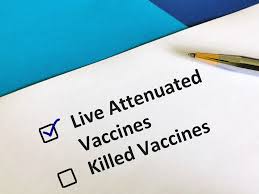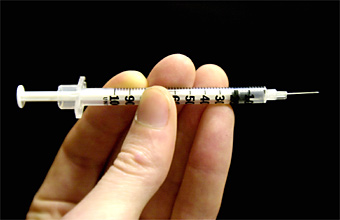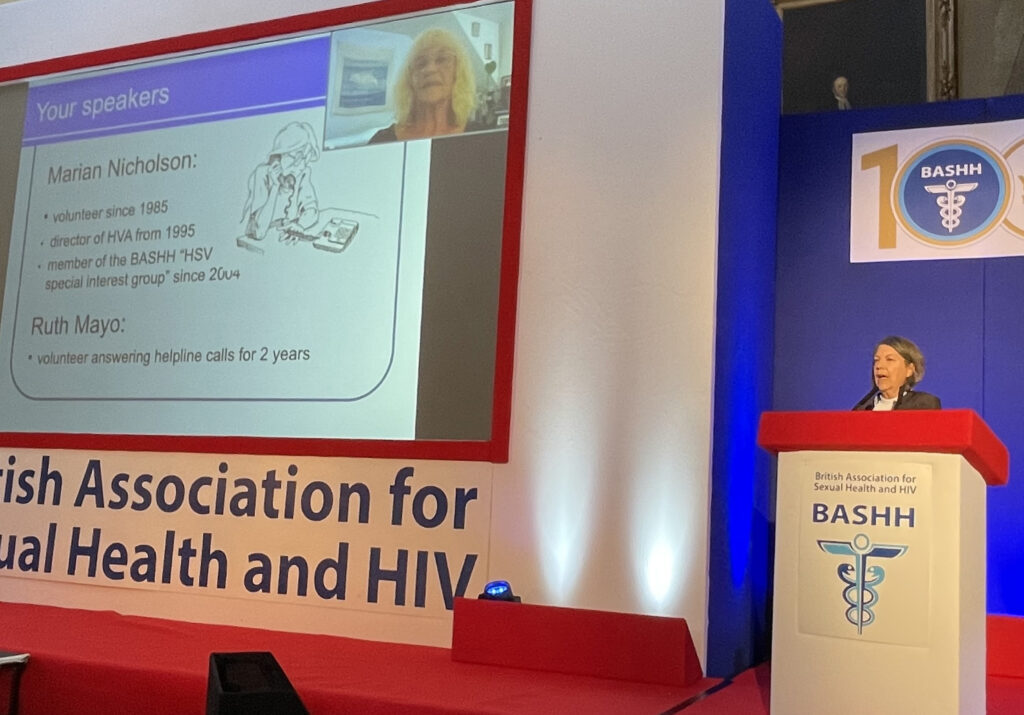Update 21st June 2023
Nothing new to report on the Rational vaccine trial. They had thought they’d need to interview 200 people. But after they had collected the experiences of 60 volunteers, they considered that that was enough. These people were all people who had found that the antivirals did not suppress their symptoms and they were keen to try something different.
We were told that Rational Vaccines’ researchers would write up this report. But nothing has been published. The doctors who were briefing the patient advocates – our director Marian Nicholson in the UK and a New York patient advocate – have fallen silent.
We await the next stage of their research with interest. Perhaps they will actually inject people at some stage? We don’t know when.
Read the background to this research below…
No more volunteers needed, now.
Rational Vaccines has started their trial with a survey in UK. Anyone following the research that is being done into herpes simplex will be glad hear this. After this stage, they will move onto the actual injection stage…
We know that the possibility of a vaccine has long been hoped for. The research will find out, firstly, can the vaccine treat people having innumerable recurrences and, secondly, prevent uninfected people from being able to catch herpes simplex. This is a live attenuated virus vaccine – like the ones used to prevent chickenpox and shingles.
The Rational Vaccine company has started trials in the UK. These are based at the Royal South Hampshire Hospital in Southampton and at the Chelsea and Westminster Hospital in London.
However, the exact venue is not very relevant. For this stage, they are collecting information by phone or video calls from 200 people. People taking part will be asked the details about how many outbreaks they are having, how they treat them, how good they feel the treatment is. This will be to prove that there is a need for a better way of treating genital herpes. Then in due course, the researchers will choose some couple of dozen people to actually get the vaccine. (They now have more than 200 volunteers.)
To follow the Rational Vaccines trial news
To follow the Rational Vaccines trial news, and indeed news of other trials around the world, you can check back on the news page. Or subscribe for prompt alerts.

This page was published on 2-9-2022 and last updated on 24-7-2023
Continue reading Rational Vaccine trial, in UK





